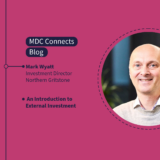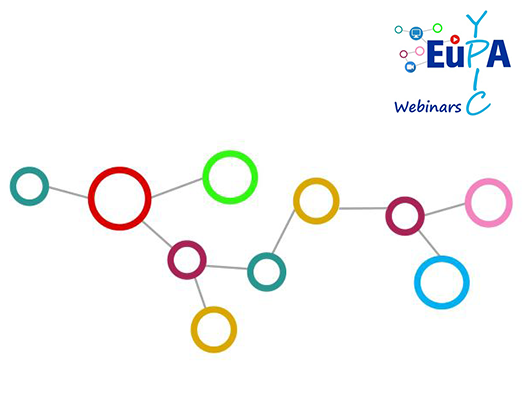The UK is in an excellent position to establish a world-leading position in the field of data-driven health. Technologies such as machine learning, computer vision, and neural networks will accelerate drug discovery by measuring and characterising target engagement, validating targets in translatable cell models, improving our understanding of drugs, disease and drug-target interactions within patients. Advanced data science is also transforming medical imaging and other research techniques by using computing power to interpret data.
It is well known that startups require strong ecosystems to accelerate their progress and increase success rates.
These eco-systems concentrate resources and bring them to bear on promising early stage ventures. The first and most prominent startup eco-system was Silicon Valley. The region successfully proved the model by clustering great minds from Stanford and other universities with capital from the Venture Capitalists (VCs) in Sandhill Road, a large flagship corporate, in Hewlett Packard and a dynamic community of entrepreneurial founders. This Silicon Valley model has been adopted by cities and regions across the globe as a benchmark for startup success.
During the last couple of decades European countries have developed their own Silicon Valley style ecosystems, usually clustered around cities. London’s Techcity has established a prominent position in Europe, ahead of cities such as Berlin, Stockholm and Barcelona. However, deep tech startups such as data-driven health and life science startups have specific requirements to enable them to flourish:
- Access to patient capital – The investor community is not yet fully geared to address this particular sector which sits somewhere between biotech with it’s own investor networks and traditional technology startups which are typically faster to get to market. Founders will need to access suitable grants and specialised VC funding in order to grow their businesses effectively.
- Proximity to large enterprises and supporting organisations – Ideally an eco-system will cluster around one or more flagship organisation. The multiplier effect of a company such as a Google or a Facebook can be immense, attracting engineers and stimulating spin-off activities.
- Strong universities and other academic institutions – An effective deep tech eco-system will have access to a large community of highly educated graduates and post-docs. London is a good example, with institutions such as Imperial College, UCL and Kings College amongst others. However, good access to the broader European academic community is also crucial. The clustering around the London / Cambridge corridor provides access a world class knowledge base.
- A flourishing entrepreneurial spirit – The United Kingdom has made huge strides in developing an entrepreneurial culture. Most universities now encourage students to consider entrepreneurialism as a future career choice and provide programmes to reflect this. A growing number of success stories, mainly in consumer internet, has stimulated interest and creates an alumni of founder/investors as role models. However, it is important to recognise that deep tech founders will come from a more academic background and may not possess adequate commercial skills.
- Access to experienced mentors – This can be challenging in the early stages of building an eco-system as the ideal mentor is someone who has previously built a successful startup. However, it is also important to engage experts from big pharma and various research establishments as well as venture capitalists and other expert investors.
- Access to suitable data sets – It will be challenging for data-driven health startups to access suitable training data due to patient and regulatory concerns. A good eco-system will endeavour to facilitate access to suitable data by collaborating with relevant governing bodies. In the case of the UK this will be HDRUK, Genomics England, UK Biobank, NHS and others.
We have recognised an opportunity to bring together these various elements in London’s Knowledge Quarter, based around Kings Cross. We believe that the concentration of relevant capabilities represented by organisations such as The Francis Crick and Alan Turing Institutes, The Wellcome Trust, Google Deepmind and Benevolent.ai bring a huge potential opportunity to bring powerful resources to student entrepreneurs emerging from the London Universities. The excellent transport links provide strong connectivity to Cambridge and the rest of the UK.
About the author
Paul Dowling
This article is from a series contributed by the UK drug discovery community. For more information read our disclaimer.







